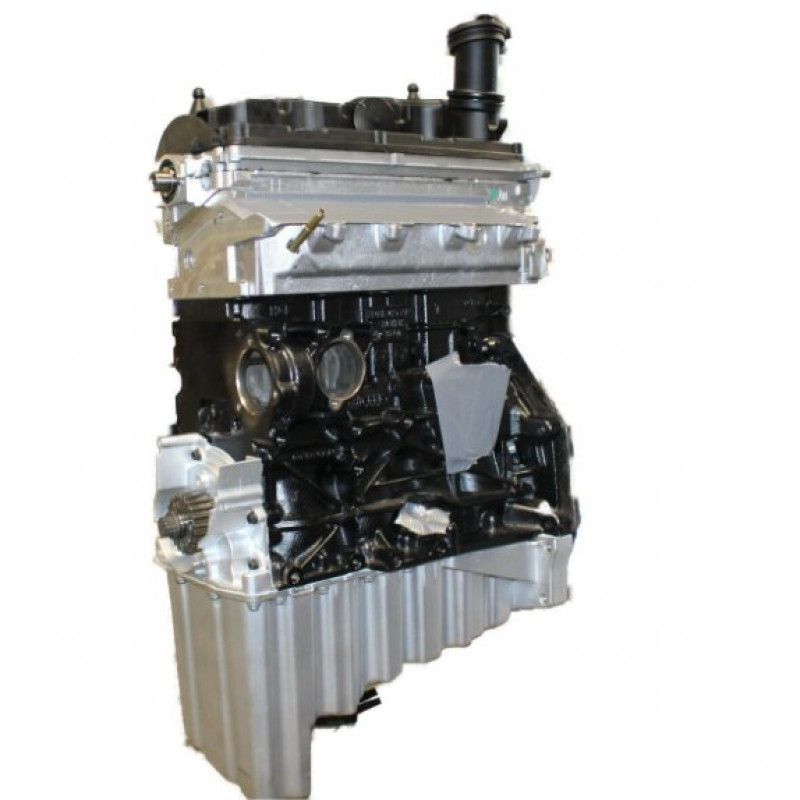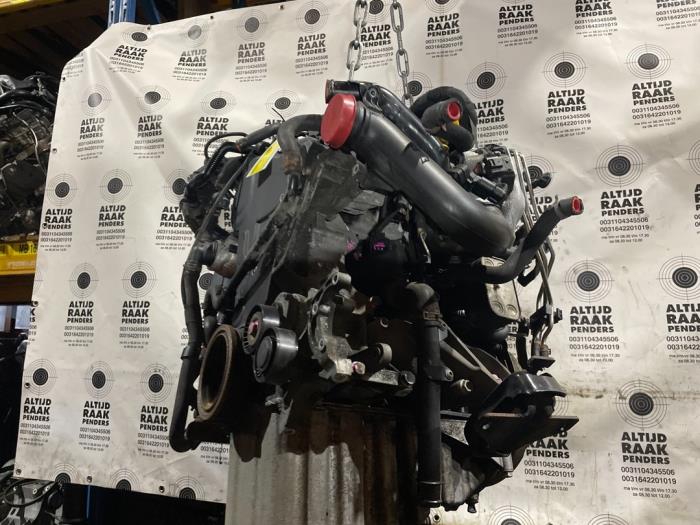Discover a Wide Selection of Amarok Engine for Sale-- Ideal Choices for Your Automotive Demands
Discover a Wide Selection of Amarok Engine for Sale-- Ideal Choices for Your Automotive Demands
Blog Article
Crucial Considerations and Tips for Choosing the Right Engine for Your Demands
Choosing the appropriate engine is a multifaceted decision that requires careful factor to consider of various factors to make sure optimal efficiency for your certain needs. The complexities of engine option prolong beyond these fundamentals, motivating a more detailed examination of important aspects that can inevitably impact your contentment and success.
Determine Your Function
Determining your function is a crucial primary step in choosing the right engine for your needs. Understanding the details application you want will certainly guide your decision-making procedure and guarantee that you choose an engine that aligns with your operational requirements. Whether you need an engine for an industrial car, commercial equipment, or an entertainment project, each scenario demands different efficiency features and abilities.
Consider the setting in which the engine will run. Will it be subjected to hefty tons, severe temperature levels, or long term use? Assessing these elements will assist you determine the needed power result, gas performance, and resilience required to meet your purposes.
Furthermore, consider the long-term ramifications of your option. Budget plan constraints, maintenance requirements, and schedule of parts are important considerations that will affect your total fulfillment and operational performance.
Eventually, articulating your purpose will enhance the option procedure and empower you to make an informed decision. By plainly defining your objectives, you can examine potential engines better and pick one that not only satisfies your current requirements but likewise supports your future objectives.
Evaluate Engine Requirements
As soon as you have plainly expressed your objective, the next action is to review engine specs. This procedure entails a comprehensive examination of numerous technological details that can substantially affect performance and suitability for your planned use.
Begin by analyzing the engine's horse power and torque scores. Horsepower is vital for establishing the engine's ability to carry out job, while torque is necessary for recognizing how well it can handle heavy lots or acceleration. In addition, consider the engine variation, as it commonly associates with power result and efficiency.
Following, analyze the engine typeâEUR" whether it is a gasoline, diesel, or alternative fuel engineâEUR" as each type has unique qualities and applications. Focus on the engine's setup (e.g., inline, V-type), as this can impact dimension, weight, and total performance.
One more vital aspect is the engine's cooling system, which can influence dependability and upkeep demands. Review the manufacturer's online reputation and service warranty offerings, as these can provide insights into lasting efficiency and support. Thoroughly reviewing these requirements will certainly assist guarantee that you choose an engine that aligns with your specific needs and operational objectives.
Consider Fuel Performance
Gas effectiveness is an important variable to take into consideration when selecting an engine, as it directly influences operational prices and environmental sustainability. An engine's gas performance is typically determined in miles per gallon (MPG) for vehicles or in specific gas intake (SFC) for airplane and aquatic engines. Higher gas performance not only minimizes the quantity of fuel eaten yet likewise reduces greenhouse gas exhausts, making it a liable option for eco-conscious customers.
When reviewing engine options, it is vital to examine the driving conditions and intended use. Engines enhanced for highway driving may display far better gas efficiency contrasted to those made for stop-and-go web traffic. In addition, consider the engine's technology, such as turbocharging or More Help hybrid systems, which can substantially boost gas effectiveness.

Assess Upkeep Needs

Some engines might require more frequent oil modifications, filter replacements, or specialized maintenance, which can impact your functional downtime. Engines with widespread appeal normally have better components accessibility, lowering lead times during fixings.
An additional crucial aspect is the technological experience required for maintenance. Some engines may demand specific training for professionals, which might restrict your options for service carriers. Additionally, assess whether the engine's layout permits very easy accessibility to components commonly needing maintenance, as this can considerably influence labor costs.
Budget Your Investment
Recognizing upkeep needs is simply one aspect of picking the best engine; monetary considerations play an equally crucial duty (amarok engine for sale). Establishing a clear budget plan is vital, as it affects not just the first purchase rate however likewise long-term operational expenses
When budgeting, take into consideration both the continuous costs and in advance prices such as fuel performance, upkeep, and possible repairs. A seemingly budget friendly engine may incur greater expenses gradually because of inadequate gas economic climate or constant maintenance requirements. Additionally, review the accessibility and expense of spare components, in addition to the guarantees offered by manufacturers, which can give economic protection against unpredicted expenses.
It is likewise go now a good idea to element in possible funding alternatives or leasing plans, which can alleviate immediate financial burdens. Balance your desire for sophisticated attributes with your budget plan constraints, making sure that you buy an engine that satisfies your performance requires without endangering monetary security.
Inevitably, an all-round spending plan will certainly encourage you to make educated decisions, straightening your engine selection with both your functional demands and monetary capabilities, bring about a much more lasting investment in the long run.

Final Thought
In conclusion, choosing the appropriate engine necessitates an extensive understanding of specific needs and applications. Mindful evaluation of engine requirements, gas efficiency, and upkeep requirements is crucial for educated decision-making. Furthermore, developing a thorough budget plan makes certain that both initial and ongoing prices are workable. By sticking to these considerations, companies and individuals can make a lasting investment that straightens with their functional goals and efficiency assumptions, inevitably boosting overall effectiveness and effectiveness.
Gas effectiveness is a critical variable to think about when selecting an engine, as it straight affects operational expenses and ecological sustainability. An engine's gas effectiveness is generally determined in miles per gallon (MPG) for cars or in specific fuel usage (SFC) for airplane and marine engines. Diesel engines normally provide better gas effectiveness than gasoline engines. Inevitably, choosing an engine with a strong emphasis on gas performance can lead to considerable long-term financial savings and add favorably to environmental initiatives. Careful analysis of engine requirements, fuel efficiency, and upkeep demands is important for notified decision-making.
Report this page